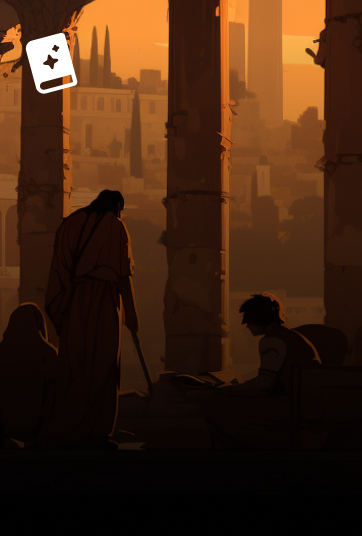
The Voyage Out
Ratings7
Average rating3.1
The first book by one of the most accomplished novelists of the 20th Century. The Voyage Out tells the story of Rachel Vinrace, a young woman on a boat trip from England to South America. Her journey across the ocean is mirrored by a psuedo-mythological journey of self-discovery. It features Clarissa Dalloway, who Woolf would later feature as the protagonist of Mrs. Dalloway. Penguin Random House Canada is proud to bring you classic works of literature in e-book form, with the highest quality production values. Find more today and rediscover books you never knew you loved.
Tags
Reviews
Popular Reviews
Reviews with the most likes.
Phew. This is my second Virginia Woolf novel. Although it makes more sense to me than the first (Between The Acts), I still constantly find myself bewildered at what's happening in the narrative. There's so much dialogue, and a lot of that dialogue is typically very irrelevant and flits from topic to topic. I believe that's Woolf trying to make a point, because she does insert a lot of pretty scathing social commentary especially from the viewpoint of Helen Ambrose, who feels somewhat like an author's mouthpiece. But wow, sometimes it's really hard to follow.
The novel first introduces Helen Ambrose, a middle-aged woman leaving her children behind in England while her husband, Ridley Ambrode, and her sail to South America. She is joined by her niece Rachel Vinrace, the true protagonist of the story, and her father Willoughby Vinrace who is Helen's brother-in-law. Rachel had planned to join her father to sail on to the Congo for an expedition, but Helen convinces Willoughby to leave Rachel in her care in the South American resort that she would be stopping at, to which Willoughby agrees. Later, they meet Mr Hirst and Mr Hewet at the resort, who become interested in getting to know Helen and Rachel better.
Look, I can get that Woolf inserts a lot of pretty damn scathing social commentary, particularly on the state and rights of women, in this book. I can get behind that and see it. I just have an issue with how long her dialogue is. However, as with Between The Acts, I feel like that problem's more on me than on her. I can definitely see why others enjoyed this a lot, because when I did slow down to read some sentences closely, it was pretty striking and interesting. But it was also so dense and didn't capture my attention very well. I don't really know why, seeing that I'm usually a fan of well-written prose. Maybe I'm just not in a mood for early-20th C writing now.



























